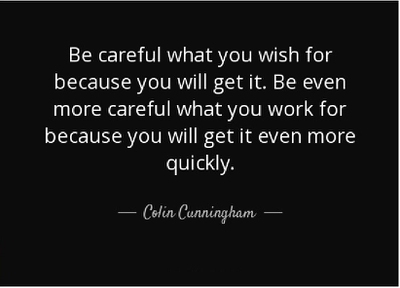Are we on the brink of population collapse? Some economists and tech billionaires (like Elon Musk) think so. After all, birth rates are declining, and some argue an aging population could strain social services and hurt the economy. (On the other hand, some say, slower population growth could be more sustainable for our environment.) Whichever argument you sympathize with, here's a key thing to understand about this trend: Demographers predicted it. In fact, they've been expecting for years. Their advice? Don’t freak out. Here’s what changing demographics might mean for our planet and the future.Like NOVA warns of 'The Next Pompeii' for the Ides of March, this video covers a story I tell my students, this time one about population. In fact, I just added this video to the PowerPoint for that lecture and plan on showing it to my environmental science class on Tuesday. They'll see it right before the first video in Vox and CNBC explain 'Why China's population is shrinking' and 'What [it] Means For The Global Economy'. I hope they don't find it too repetitive.
Speaking of being repetitive, I'm being a good environmentalist by recycling two points from CNBC asks 'Is The U.S. Running Out Of People?'
Second, increased population is bad for the environment, as expressed by the variable P in I=P*A*T "where I is impact, P is population, A is affluence, and T is technology." Impact increases as both population and affluence increases; both drive up demand for resources and create more waste and pollution. Therefore, keeping population down will help the environment. By keeping human population below the carrying capacity for our species, it helps people as well.The video makes both of these points, which I hope my students absorb.
Third, increasing educational and economic opportunities for women is the number one way to decrease birth rates and keep them down, although increasing economic security might put a floor under the declining birth rates. Women's education and a stronger economy will also increase affluence, which will increase impact if more efficient technologies don't counteract both affluence and population.
I close by repeating what I worried about six years ago and have repeated several times since.
I have been in favor of zero population growth for as long as I can remember. However, I'm not sure the U.S. economy is set up for a stable or slowly declining population, a point I made in the Hipcrime Vocab: Why Slowing Population Growth is a Problem. We are going to have to figure how to do so. Otherwise, I might live long enough to experience the wisdom of the saying "Be careful what you wish for; you might get it."

Stay tuned for the Sunday entertainment feature on St. Patrick's Day. The luck of the Irish for Cillian Murphy at the Oscars, anyone?
No comments:
Post a Comment